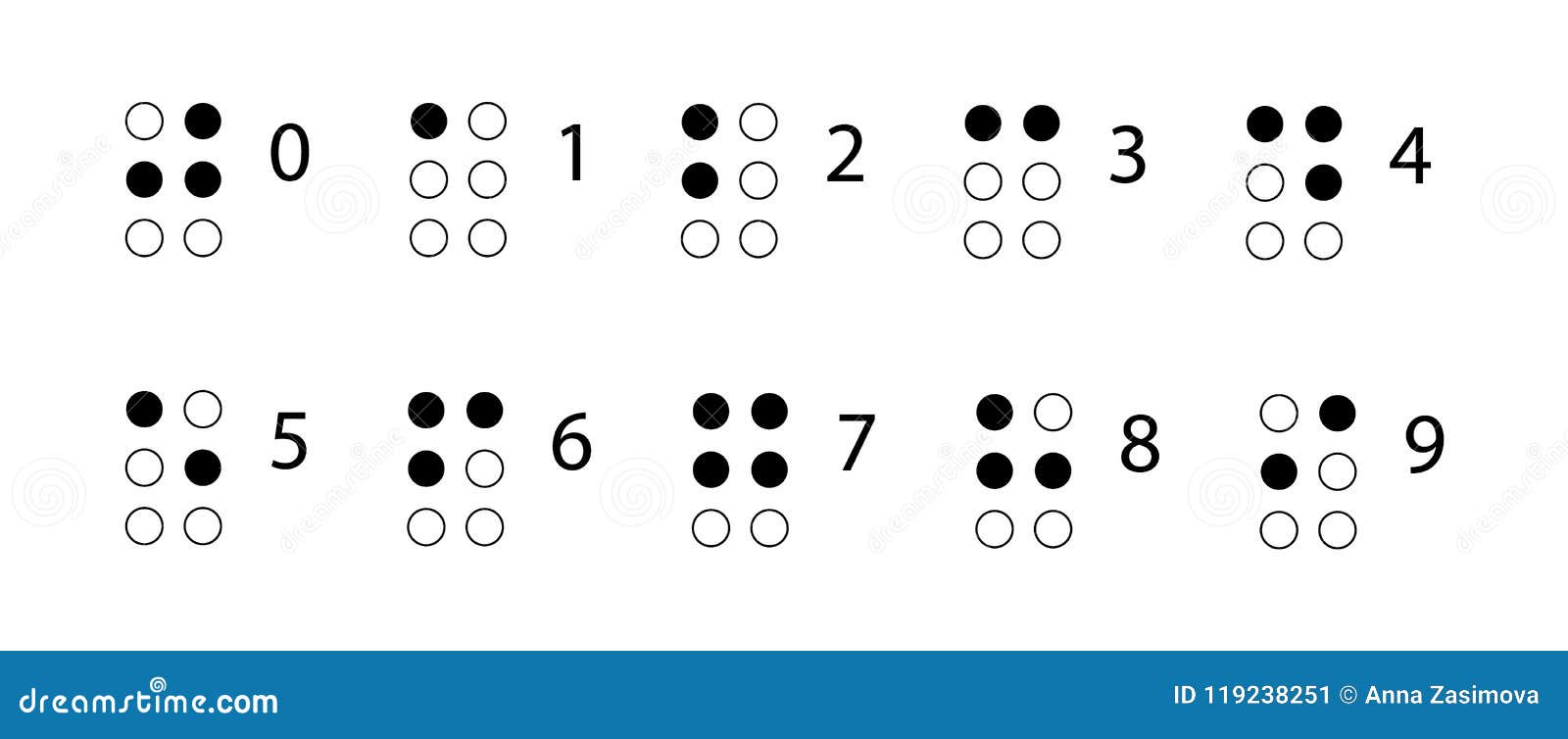
I'm playing with Emacspeak under cygwin I'm not sure if this will be usable as a programming editor since it appears to be somewhat unresponsive but I haven't looked at any of the configuration options yet. Examples of this are if statements with lots of nested parenthesis’s and JCL where punctuation is incredibly important. I find I usually work faster with speech but use the Braille display in situations where punctuation matters and gets complicated. I usually rely on synthetic speech but do have a Braille display. I used an rlogin session through Cygwin to access the USS subsystem on the mainframe and C3270 as my 3270 emulator to access the ISPF portion of the mainframe. A lot of my internship involved programming for Z/OS.

net programming I use visual studio 2005 since it was the standard version used at my internship and is very accessible using Jaws and a set of scripts that were developed to make things such as the form designer more accessible.įor C and C++ programming I use cygwin with gcc as my compiler and emacs or vim as my editor depending on what I need to do. In my experience as a general rule java programs that use SWT as the GUI toolkit are more accessible then programs that use Swing which is why I stay away from netbeans. For java programming I use eclipse, since it’s a fully featured IDE that is accessible. I use windows xp as my operating system and Jaws to read what appears on the screen to me in synthetic speech. "When Steve Jobs unveiled the very first iPhone at Macworld on January 9, 2007, the blind community more or less went into panic mode," wrote Bill Holton in a 2015 issue of AccessWorld Magazine.I am a totally blind college student who’s had several programming internships so my answer will be based off these. The truth is that you don't need sight to use devices like smartphones. Thanks to some simple accessibility tweaks and software, blind people can navigate websites and use apps just like the rest of us. So at first glance, it seems like people who can't see would be totally cut off from these technologies. If you're a person with normal vision, you probably spend most days staring at screens - smartphones, tablets, and computers are our window to the world, and we interact with them primarily using our eyes.

But plenty of devices contain software that makes them totally accessible for the blind.
You might think blind people can't use smartphones or tablets.


 0 kommentar(er)
0 kommentar(er)
